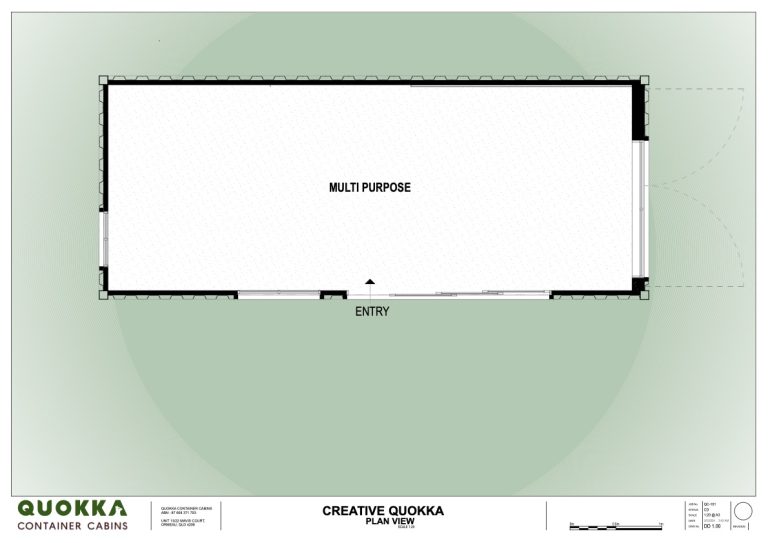
Australia's architectural landscape has been evolving, and one trend that has captured the imagination of many is the use of shipping containers for home construction. But before you embark on your container home journey, it's crucial to understand the legal aspects that come with this innovative housing solution.
Are Shipping Container Homes Legal in Australia?
The short answer is yes, but with some important considerations.
Container homes in Australia are subject to the same regulations as conventional homes. As standalone structures, they must adhere to the regulations that govern traditionally built homes. It's important to note that these regulations can vary depending on the location. Therefore, it is advisable to consult with your architect or local council before embarking on your container home journey.
1. Local Regulations and Zoning Laws:
The legality of shipping container homes in Australia largely depends on local regulations and zoning laws. Each council may have specific guidelines regarding the use of shipping containers for residential purposes. It's essential to check with your local council to understand the specific requirements and restrictions in your area.
2. Building Codes and Standards:
Australia has stringent building codes and standards in place to ensure the safety and durability of structures. When it comes to shipping container homes, compliance with these codes is paramount. Seek professional advice and work with architects and builders experienced in container construction like Quokka Container Cabins to ensure that your home meets or exceeds these standards.
3. Planning and Development Approval:
In many cases, obtaining planning and development approval is a crucial step in the process of building a shipping container home. This involves submitting detailed plans and designs to the local council for review. Working with professionals who understand the approval process can help navigate potential hurdles and ensure a smoother journey.
4. Environmental Considerations:
Australia places a strong emphasis on environmental sustainability. If your container home aligns with eco-friendly practices, it may receive a more favorable response during the approval process. Highlighting features such as solar panels, rainwater harvesting systems, and energy-efficient designs can contribute to a positive reception from local authorities.
5. Architectural Integrity and Aesthetics:
Some councils may have guidelines regarding the architectural integrity and aesthetics of homes within their jurisdiction. While shipping container homes can be architecturally striking, it's important to ensure that your design aligns with local expectations. Collaborating with a professional architect can help balance innovation with adherence to local norms.
In sumary
While shipping container homes offer a unique and sustainable housing solution, their legality in Australia is contingent upon adherence to local regulations, building codes, and planning processes. Before embarking on your container home project, it's crucial to engage with local authorities, seek professional advice, and ensure compliance at every step of the way.
As the architectural landscape continues to evolve, the legal framework for innovative housing solutions like shipping container homes may also see adjustments. Stay informed, contact experienced professionals, and turn your container home dream into a legal and sustainable reality.








